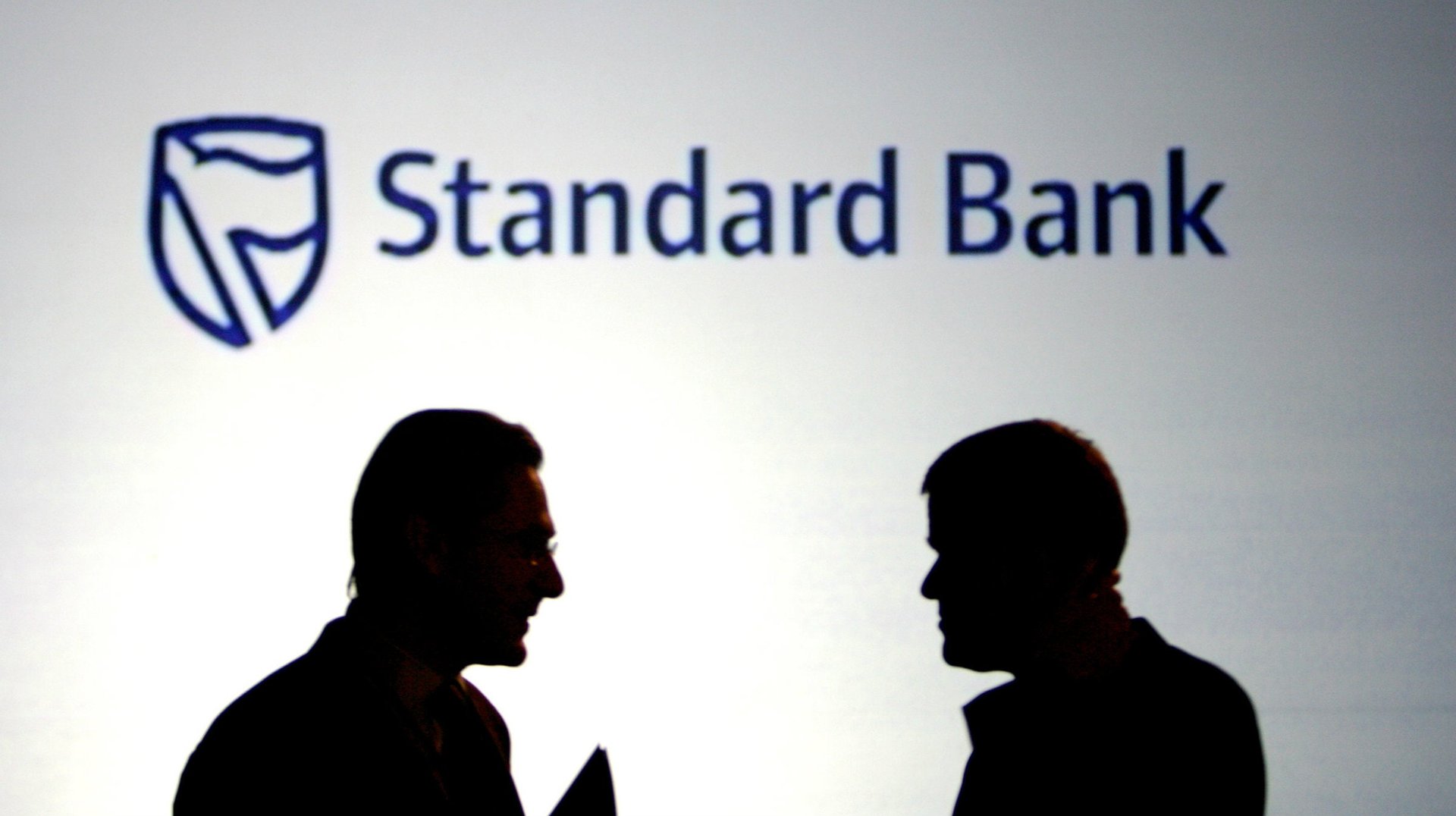The first casualty of China’s missing metals probe may be a $765 million bank deal
An investigation into whether Chinese companies have been overstating the amount of metals they hold in Qingdao’s port has ensnared South Africa’s Standard Bank, the continent’s largest bank by assets. Some commodity holders may have essentially been creating metal like copper and aluminum out of thin air, by promising the same assets as collateral for multiple loans.


An investigation into whether Chinese companies have been overstating the amount of metals they hold in Qingdao’s port has ensnared South Africa’s Standard Bank, the continent’s largest bank by assets. Some commodity holders may have essentially been creating metal like copper and aluminum out of thin air, by promising the same assets as collateral for multiple loans.
The bank said in a statement it “has commenced investigations into potential irregularities at the port,” but “is not yet in a position to quantify any potential loss arising from these circumstances.” Chinese officials have not offered information about the investigation.
The timing of the probe could make things especially messy. In January, Standard Bank announced plans to sell 60% of its London-based global markets unit, which includes the commodity lending business, to China’s massive state-owned bank ICBC for $765 million in cash. The deal took well over a year to hammer out, but it has not yet closed, because it involves a complicated shuffling of assets between Standard Bank’s different legal entities.
If the unit were to take a big loss because of the Qingdao situation, it could put the deal in jeopardy, or at least force both sides back to the negotiating table. According to the deal announcement, the deal could be cancelled if there is any change that is “likely to have a material adverse effect on the business, assets, liabilities, condition (financial or otherwise) and/or results of operations of the Standard Bank Plc Group.”
Standard Bank spokesman Erik Larsen told Quartz he could not comment about the Qingdao situation beyond the bank’s statement, or about whether the deal might be in jeopardy.
The value of missing metal in Qingdao could total about $300 million, Metal Bulletin editor Alex Harrison estimates. A bank that has written a loan against a non-existent pile of metal would conceivably have to write off the entire amount of the loan as a loss.
There’s also a chance losses that banks face could be several times higher than the $300 million estimate, because some companies may have applied for multiple loans using the same pile of metal as collateral. “I believe many banks are holding warehouse receipts against the same parcel of cargoes,” one China metals trader told Metal Bulletin.
ICBC’s Standard Bank deal is part of China’s push into the commodity trading business, which many US and European banks are exiting after big losses.